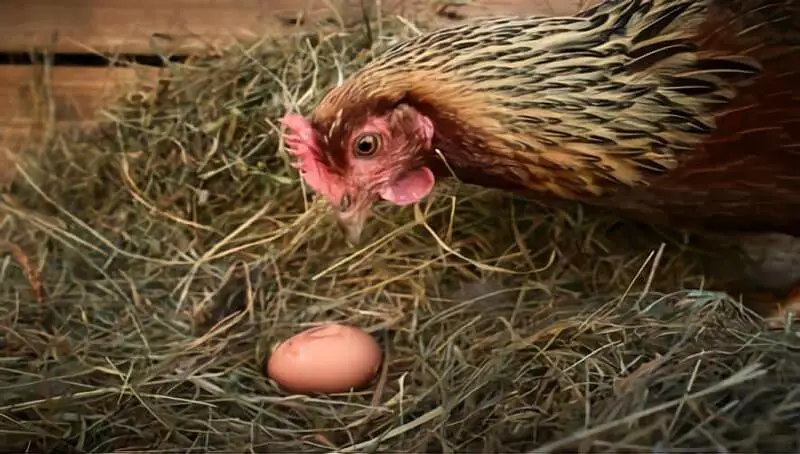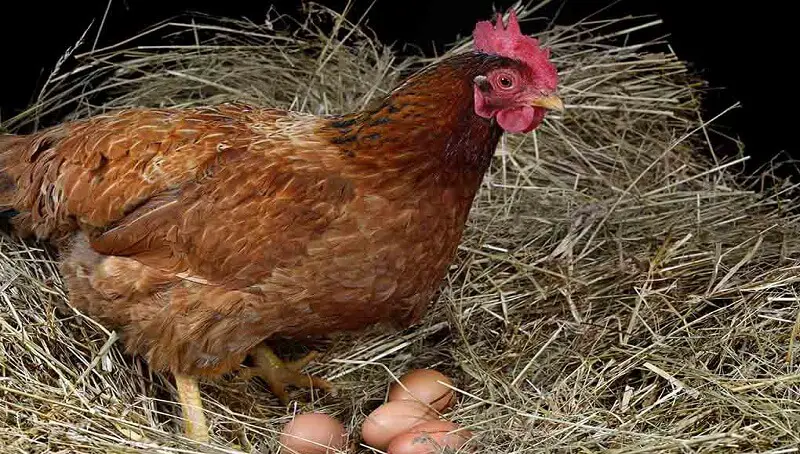
Why Does a Chicken Eat Its Own Eggs?
December 24, 2022
What Do Laying Chickens Eat?
December 26, 2022
Like humans, the need to drink water daily in dogs is essential to not dehydrate. Water is necessary to maintain the vital functions of the body at the optimum level.
When a dog drinks less water or does not drink at all, then your goal is to get him to drink again. Tactics may vary depending on why they refuse to drink water. Reasons such as dehydration, urinary infection, or mouth injuries are more serious and require a visit to the veterinarian.
But there can also be simple reasons why a dog refuses to drink much water, and these can be easily identified if we watch the dog for a while.
How do I know my dog is not drinking enough water?
You might also like my articles about:
- Can dogs drink alkaline water
- Dog not eating but drinking water and vomiting
- Can dogs drink ocean water
Each dog is different, with different needs, even in terms of the amount of water they consume. This varies depending on the size of the dog, how active it is, depending on the food it consumes, the season, and the age of the pet.
For example, a dog will drink more water on a hot summer day than on a cold season. Pregnant or lactating females may also consume more water per day than an adult dog. Also, a puppy will drink more water than an adult dog, being in growth and much more energetic and playful.
A dog can get the necessary amount of water and food if it is fed a wet food diet, compared to a dry food diet.
Reasons why the dog refuses drinking water
Does your dog refuse to drink water? Then it is possible that one of the following causes triggered the sudden refusal of water:
Fear
In fact, one of the most common reasons why a dog does not drink is the fear of the bowl. This fear occurs, for example, if you have a metal bowl for water without rubber feet and it makes loud noises. The result: The dog gets scared and associates the unpleasant noises with the bowl.
Dominant behavior
If you have recently brought a new pet into your home, the hierarchy of the pack may have changed. If the new dog is more dominant, the old dog may no longer be allowed to go to the water bowl as usual. This may be a reason why the dog does not drink enough fluids.
Diseases
Diseases, especially those of the gastrointestinal tract, that lead to diarrhea and vomiting can have a negative effect on the consumption of fluids in dogs. He may have severe abdominal pain or nausea. If you notice that your furry friend is also weak and tired, you should definitely take it to a veterinarian.
Changing the type of food
If you’ve recently changed your dog’s diet from dry to wet food, your dog may drink fewer fluids than before. This is because usually, the liquid content in wet food is between 70 and 85 percent. On the other hand, dry foods contain a maximum of 14% water. As a result, the dog needs to drink less to meet his daily fluid needs.
Habit
Dogs are sometimes creatures of habit. This means that some of them do not want to drink from foreign bowls. For example, he refuses water when you travel or visit relatives for a few days and use their bowls.
Heat
Some male dogs react extremely strongly to the presence of females in heat. For example, a male dog might not want to eat or drink just because there is a female dog in heat in the vicinity.
Anesthesia and surgeries
If you had to anesthetize the animal for surgery or teeth cleaning, this may be visible a few days later. It is not uncommon for dogs to drink less than usual, as they receive fluids in the form of IVs during the procedure.
Stress
Stress can have a negative impact on your dog’s health in many ways, including his fluid intake. So, try to avoid stress in everyday life. Take your dog for a walk regularly and mentally stimulate him with games of hide-and-seek or training with toys.
Treatment: How to treat dehydration in dogs?
 If the dog does not drink enough water for several days, he will dehydrate. His organs have limited functions and, at worst, dehydration puts your dog’s life at risk.
If the dog does not drink enough water for several days, he will dehydrate. His organs have limited functions and, at worst, dehydration puts your dog’s life at risk.
That’s why it’s important to talk to a veterinarian if you notice that the animal is no longer drinking liquids. He will examine the dog for an eventual disease and give him fluids in the form of IVs directly into the veins or bolus under the skin.
Once your veterinarian has managed to exclude the disease as the cause of your dog’s refusal to drink water, he or she will try to find other reasons with you. But sometimes finding the cause can take several weeks, because many reasons are of psychological origin.
The dog does not drink water: How to increase his consumption of liquids
If your dog doesn’t usually drink the recommended amount of water, you can encourage him to drink with the following tips and tricks:
- Pour a little water over the dog’s food. So, he is forced to absorb the liquid while eating.
- To make your dog’s water tastier, you can add some crushed food or snacks, for example, liver pate, to the water. A few crushed fruits like blueberries also give water a vitamin-rich boost.
- Put several bowls of water distributed throughout the house.
- Buy your dog a water fountain. Not only will it be more fun for the quadruped, but it will always provide fresh water.
- Homemade ice cream for dogs can bring a contribution to the amount of water consumed and at the same time give the feeling of cooling.
How much water does a dog need?
A dog needs about 60 milliliters of daily water intake per kilogram of body weight. The amount of water required for a dog depends on its weight, the type of food, dry or wet, and other factors, such as the outside temperature.
If you feed your dog dry food, he needs to drink more water. If it is summer and the dog urinates a lot, he will dehydrate faster than in winter and therefore be thirstier.
Final words!
No matter why your dog refuses to drink water, schedule an appointment with your veterinarian. He can examine the pet and determine what the problem is and how it can be improved. This step is very important if the dog has a mouth wound that will probably not heal until after a few days. It never hurts to take them to a checkup. It is important to keep them hydrated until the visit to the doctor.
